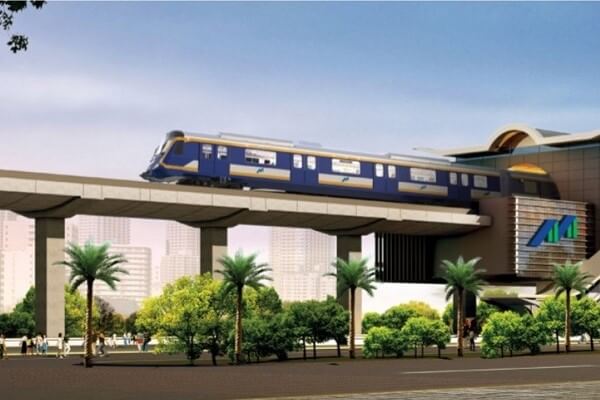 ABB bags 25 kV AC Electrification Contract for Mumbai Metro Lines 5 & 6
ABB bags 25 kV AC Electrification Contract for Mumbai Metro Lines 5 & 6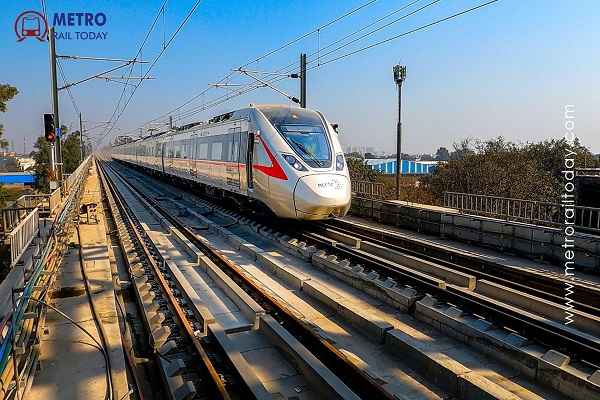 Govt of India approves ₹35,000 crore Delhi-Bawal Namo Bharat RRTS Corridor
Govt of India approves ₹35,000 crore Delhi-Bawal Namo Bharat RRTS Corridor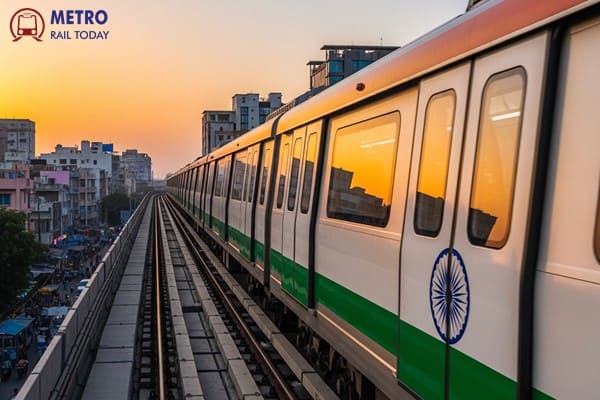 Maharashtra Govt approves 35-km Mumbai-Navi Mumbai Gold Line Metro Project
Maharashtra Govt approves 35-km Mumbai-Navi Mumbai Gold Line Metro Project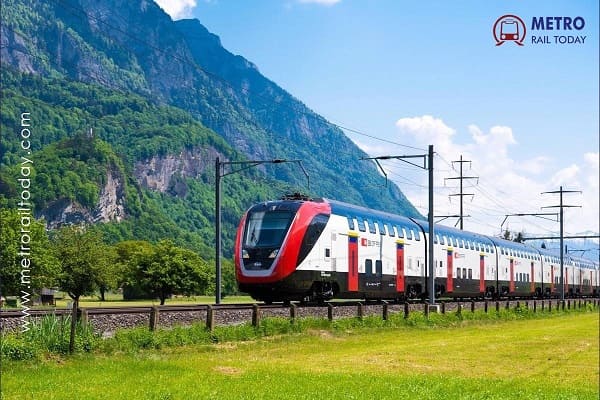 Vijayawada Metro at crossroads due to funding uncertainty and political doubts
Vijayawada Metro at crossroads due to funding uncertainty and political doubts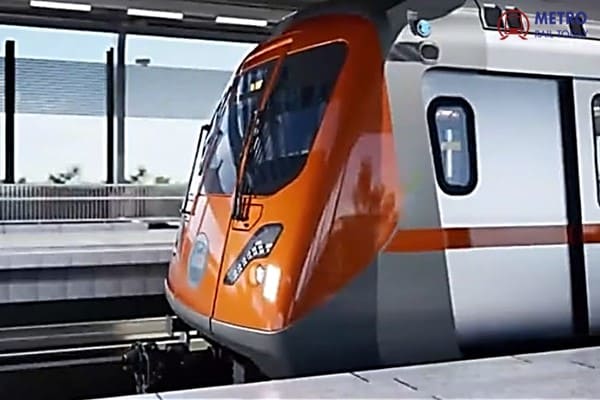 Bhopal Metro in trouble, faces Low Ridership, Rising Costs Issues
Bhopal Metro in trouble, faces Low Ridership, Rising Costs Issues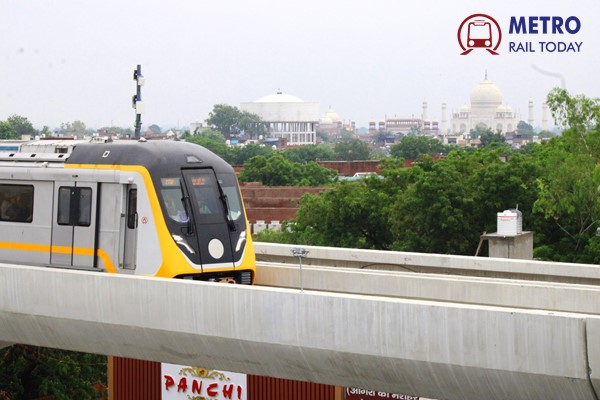 Global Urban Rail Transit market projected to reach USD 265.84 billion by 2033
Global Urban Rail Transit market projected to reach USD 265.84 billion by 2033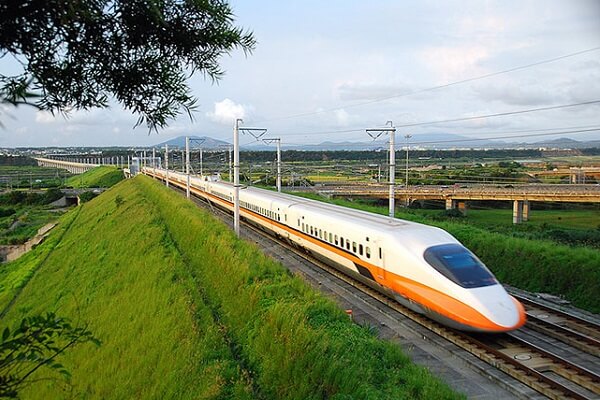 Centre approves Kerala High-Speed Rail Corridor; ‘Metro Man’ Sreedharan to steer DPR, DMRC entrusted
Centre approves Kerala High-Speed Rail Corridor; ‘Metro Man’ Sreedharan to steer DPR, DMRC entrusted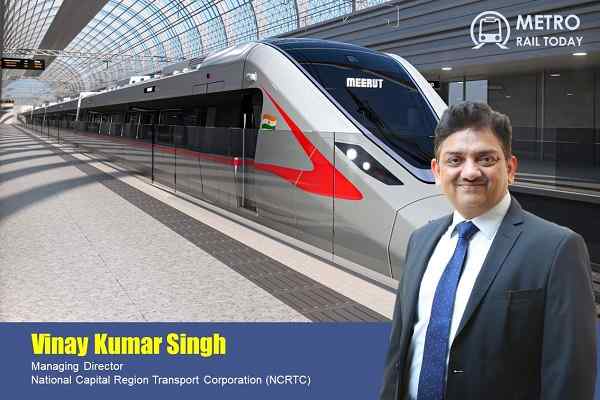 Ex-NCRTC Chief Vinay Kumar Singh switches career from Railways to Wellness Business
Ex-NCRTC Chief Vinay Kumar Singh switches career from Railways to Wellness Business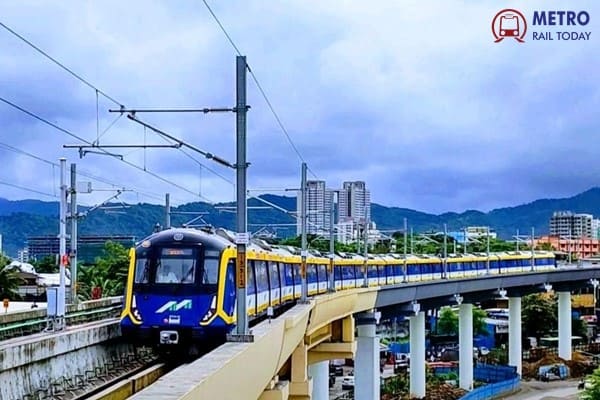 L&T bags ₹1,260 Crore Electrification Contract for Mumbai Metro Line 4
L&T bags ₹1,260 Crore Electrification Contract for Mumbai Metro Line 4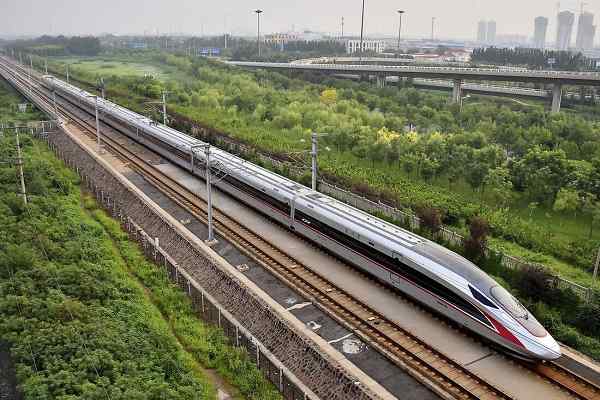 13 global firms show interest for Vietnam's North–South High-Speed Railway project
13 global firms show interest for Vietnam's North–South High-Speed Railway project
CMRL submits Feasibility Report for Metro Rail in Tiruchy, Tirunelveli and Salem Cities
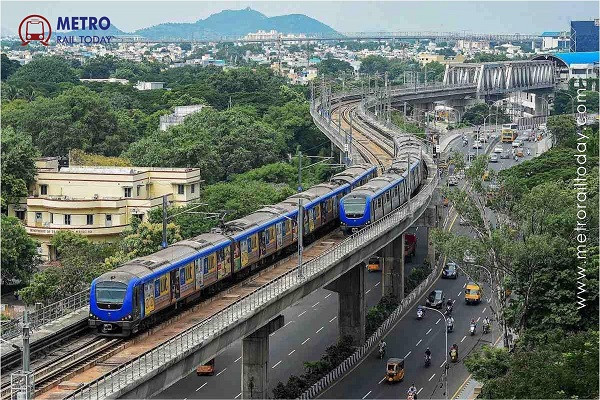
Chennai, India (Metro Rail Today): In a significant development towards enhancing urban connectivity and modernizing transportation infrastructure, Chennai Metro Rail Limited (CMRL) has submitted comprehensive Feasibility Reports to the government, outlining plans for the expansion of Mass Rapid Transport Systems (MRTS) in Tiruchirappalli, Tirunelveli, and Salem cities. This ambitious project aims to revolutionize public transportation in these thriving urban centers of Tamil Nadu, offering residents and visitors a faster, more efficient, and eco-friendly mode of travel.
The Feasibility Reports were formally presented by MA Siddique, Managing Director, CMRL to Ramesh Chand Meena, Additional Chief Secretary of Special Initiatives, representing a significant step towards realizing these transformative transportation networks.
Tiruchirappalli: A Paradigm Shift in Commuting
In Tiruchirappalli, the proposed MRTS project is slated to cover a total distance of 45 kilometers, strategically divided into two key corridors. The first corridor spans approximately 19 kilometers, extending from Samayapuram to Vayaloor and envisages the establishment of 19 stations along its route. This corridor is poised to facilitate seamless connectivity and accessibility to key areas within the city, enhancing the overall commuting experience for residents.
The second corridor in Tiruchirappalli extends over 26 kilometers, running from Thuvakudi to Panjapur, with plans for 26 stations along its length. The expansion of this corridor is set to bring convenience and efficiency to the daily lives of citizens, reducing travel times and traffic congestion in the city.
Tirunelveli: A Multi-Corridor Approach to Efficient Transit
In Tirunelveli, the vision for improved urban transit revolves around the introduction of Rapid Transit Systems (RTS) spanning a total distance of 39.07 kilometers. This ambitious plan encompasses three distinct corridors, each designed to cater to specific transportation needs within the city.
The first corridor, spanning 12.39 kilometers from Pettai to Sankanapuram, is projected to incorporate 13 stations, enhancing accessibility and connectivity for residents in this part of Tirunelveli. The second corridor, measuring 12.03 kilometers from Palayamkottai to Ponnakudi, will introduce 12 stations along its route, providing a more efficient means of travel for commuters.
The third and final corridor in Tirunelveli extends over 14.65 kilometers, connecting Sankarnagar to Vasanthanagar, with 15 planned stations. These multi-corridor expansions signify a holistic approach to modernizing transit infrastructure, making Tirunelveli a model of efficient urban transportation in the state.
Salem: Advancing Mobility with Three Strategic Corridors
Salem, a city of historical significance, is set to experience a transportation renaissance with the introduction of Rapid Transit Systems (RTS) encompassing a total of 35.19 kilometers. This expansion initiative features three distinct corridors, each meticulously planned to optimize travel within the city.
Corridor I spans approximately 17.16 kilometers, connecting the Karapuranathar temple to Ayodhyapattnam railway station via Ammapet. Along this route, 19 stations are planned, ensuring convenient access to key locations within Salem.
Corridor II, extending over 18.03 kilometers from Karuppur to Nallikalapatty via Salem railway station, will feature 19 stations, facilitating seamless commuting for residents and visitors alike.
These well-thought-out expansions in Salem are poised to enhance connectivity and transform the city's transportation landscape, aligning with the growing needs and aspirations of its residents.
Conclusion
The submission of Detailed Feasibility Reports by Chennai Metro Rail for the proposed expansion of Mass Rapid Transport Systems (MRTS) in Tiruchirappalli, Tirunelveli, and Salem cities marks a crucial step towards modernizing urban transit in Tamil Nadu. These ambitious projects are set to redefine commuting experiences, reduce congestion, and enhance connectivity, benefiting residents and visitors alike. With multi-corridor approaches and strategic planning, these cities are on the path to becoming beacons of efficient urban transportation in India.
For more information and updates on these transformative transportation projects, please stay tuned with Metro Rail Today.




